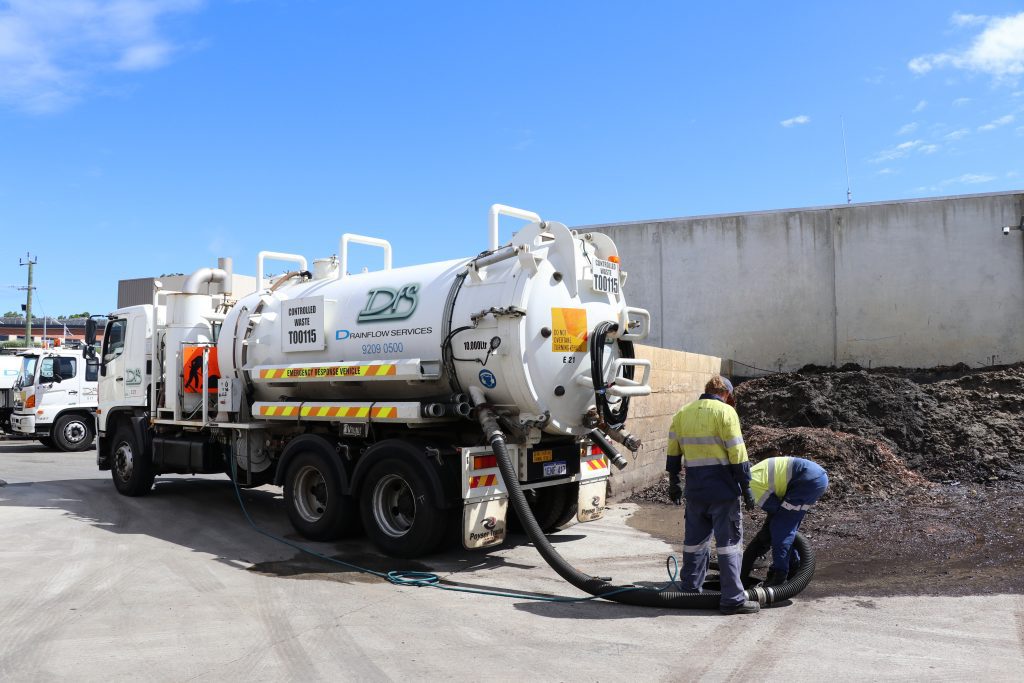The Greatest Guide To Reclaim Waste
The Greatest Guide To Reclaim Waste
Blog Article
The Facts About Reclaim Waste Revealed
Table of ContentsReclaim Waste Can Be Fun For EveryoneNot known Facts About Reclaim WasteSome Of Reclaim WasteUnknown Facts About Reclaim WasteSome Ideas on Reclaim Waste You Need To Know
Explore the types, incidents, and forms of liquid waste. Domestic sewer waste refers to the waste and products from a residential septic container. This kind of waste is produced by human beings in homes, institutions, and various other structures. This only consists of sewage-disposal tanks that have a drainpipe field. The correct management and disposal of residential sewer waste require fluid waste to be transferred to a sewer therapy plant where the appropriate techniques and equipment are used to purify and take care of waste.
Industrial waste usually includes prospective risks, such as flammable products or a combination of liquid and solid waste items, and calls for a more sophisticated and detailed disposal process. The disposal of commercial waste commonly involves the filtering of waste before transportation to make sure safe and correct disposal. Industrial waste is developed from results and overflow of industrial processes and production.
This type of waste can not utilize the same sewer monitoring transport or processes as septic or industrial fluids. The industrial waste management process needs the assessment and testing of liquid waste before it goes through the disposal procedure (liquid waste removal). Overflow waste is the liquid waste that comes from runoff and excess stormwater in highly inhabited locations or cities
Overflow waste can trigger contamination and flooding otherwise handled correctly. Learn a lot more about drain cleansing and waste management. Ensuring correct waste monitoring can protect against calamities and lower environmental damage. Both individuals in property settings and professionals in commercial or production industries can gain from recognizing the processes and guidelines of liquid waste administration.
Not known Facts About Reclaim Waste
Get in touch with PROS Services today to discover our waste management and disposal solutions and the correct methods to take care of the liquid waste you create.
(http://go.bubbl.us/e67627/7593?/Reclaim-Waste)Do you understand what takes place to your water when you disengage, purge the toilet or drain pipes the washing machine? No? Well, it deserves knowing. This supposed 'wastewater' is not only a vital source but, after therapy, will certainly be released to our land, rivers or the sea. Used water from bathrooms, showers, baths, kitchen sinks, washings and industrial procedures is called wastewater.

water made use of to cool down equipment or clean plant and tools). Stormwater, a form of wastewater, is Full Article drainage that moves from farming and urban areas such as roofing systems, parks, gardens, roadways, courses and seamless gutters right into stormwater drains pipes, after rain. Stormwater moves without treatment straight to regional creeks or rivers, at some point reaching the ocean.
Get This Report about Reclaim Waste
In Queensland, a lot of wastewater is dealt with at sewer treatment plants. Wastewater is carried from domestic or industrial websites with a system of sewage systems and pump terminals, recognized as sewage reticulation, to a sewage treatment plant.
The Department of Natural Resources recommends local governments about handling, operating and keeping sewage systems and therapy plants. In unsewered areas, local federal governments might need homeowners to install private or home sewage therapy systems to treat domestic wastewater from toilets, kitchens, washrooms and laundries. The Division of Natural Resources authorises using household systems when they are proven to be efficient.
The majority of stormwater receives no treatment. In some brand-new class, treatment of some stormwater to get rid of litter, sand and gravel has actually begun utilizing gross pollutant catches. Wastewater treatment takes place in 4 stages: Gets rid of strong issue. Larger solids, such as plastics and various other objects mistakenly discharged to sewage systems, are eliminated when wastewater is gone through screens.
Uses little living microorganisms understands as micro-organisms to break down and eliminate remaining liquified wastes and fine particles. Micro-organisms and wastes are integrated in the sludge.
Some Of Reclaim Waste
Nutrient removal is not available at all sewer therapy plants due to the fact that it requires pricey specialist devices. Clear liquid effluent created after treatment might still contain disease-causing micro-organisms - industrial wastewater treatment.

Most wastewater moves into the sewerage system. Under the Act, local federal governments provide authorizations and licences for ecologically pertinent activities (ERAs) entailing wastewater releases that could have a local impact.
All about Reclaim Waste
Surveillance provides valid information about water quality and can confirm that licence conditions are being fulfilled. The details gotten with tracking supplies the basis for making water high quality choices.
Report this page